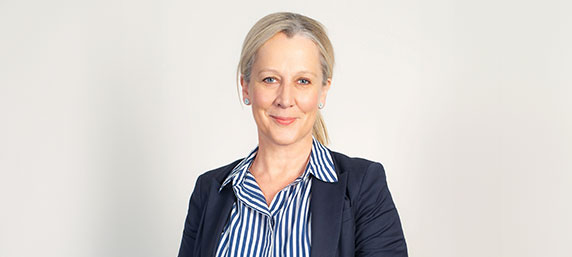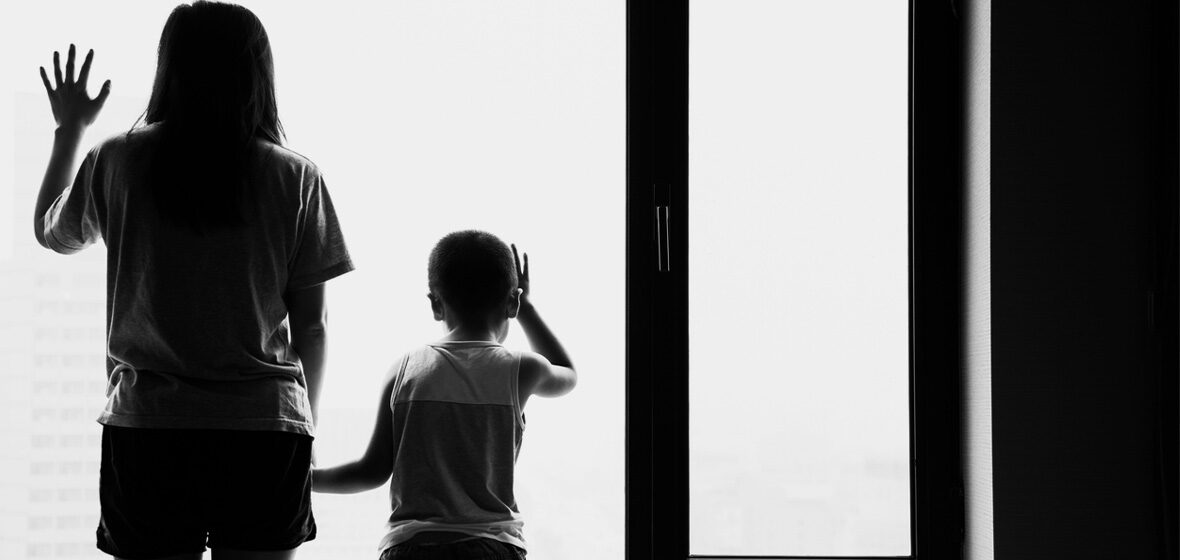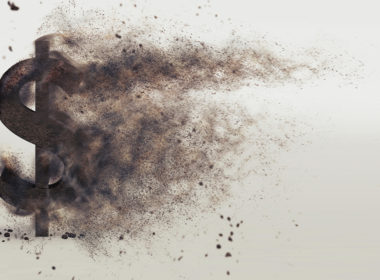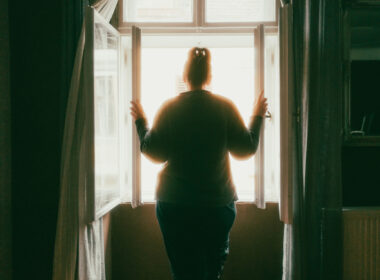Legal Aid NSW has reported a significant surge in demand for domestic violence support, with calls to their hotline jumping 36 per cent in just two years.
This rise coincides with Australia’s ongoing domestic violence crisis and comes a week after Commonwealth Attorney General Mark Dreyfus described the death of one woman every week to domestic violence as an epidemic that “must end”.
The data, released by Legal Aid NSW’s Domestic Violence Unit (DVU), also shows a 61 per cent increase in demand for duty lawyer services in court, with a 25 per cent specific rise for assistance with Apprehended Domestic Violence Orders (ADVOs).
Legal Aid NSW’s Executive Director of Family Law, Alexandra Colquhoun, attributed the rise to a combination of an increase in domestic violence reports to police, growing awareness of domestic violence, financial pressures and the housing crisis, and the expansion of the Family Advocacy & Support Service (FASS) through which the DVU provides duty lawyer services in regional NSW.
“Data shows domestic violence assaults have increased in regional NSW, so we want people in the regions to know help is available,” she said.
The DVU is a specialist team of lawyers, caseworkers, mental health professionals, and financial counsellors. Its lawyers are trained to provide trauma-informed services to women at risk and can help those in rural, regional, or urban areas.
The service was established in 2015 as part of a $100 million Women’s Safety Package and is funded by the Commonwealth Government through the National Legal Assistance Partnership until mid-2025.
In 2024 alone, 25 women have died because of domestic violence
Colquhoun said the DVU does not turn anyone away from initial advice and reminded victim-survivors that legal help can be lifesaving and pivotal in stopping domestic violence.
In 2024 alone, 25 women have died because of domestic violence, a statistic she labels a preventable epidemic.
“A lawyer can help seek changes to an ADVO to protect the victim or their children better or to connect them with a case worker for safety planning,” Colquhoun said.
She stated that in the past year, there had been more than 22,500 breaches of AVOs, and that the DVU stood “ready to help women who may need to vary or add conditions, such as no contact.”
“Most people require help taking out or varying an ADVO to ensure that it keeps them safe,” said Colquhoun.
The DVU is committed to providing trauma-informed services to women at risk, regardless of location. With 94 per cent of their clients being women, the service highlights the critical role legal assistance plays in escaping domestic violence.
Colquhoun described the DVU as a “one-stop shop” that connects clients with vital support services like caseworkers, mental health professionals, financial counsellors, and the Women’s Domestic Violence Court Advocacy Service and Relationships Australia.

Legal Aid NSW CEO Monique Hitter highlighted the importance of the DVU in addressing domestic violence as part of the National Plan to End Violence Against Women and Children 2022-2032.
Hitter says early legal intervention is essential to addressing the rise in domestic violence in NSW and can prevent legal issues from escalating into social problems like mental illness, homelessness or children ending up in the care system.
“Our staff provide early advice and assistance to clients experiencing violence or in fear of violence and assist clients in crisis to get to safety, with positive and long-lasting change.”
Legal Aid NSW expects demand to climb further with the introduction of new laws criminalising coercive control from July 2024.
“This will likely see more victim-survivors seeking legal advice about whether their circumstances may constitute coercive control,” Colquhoun said.




